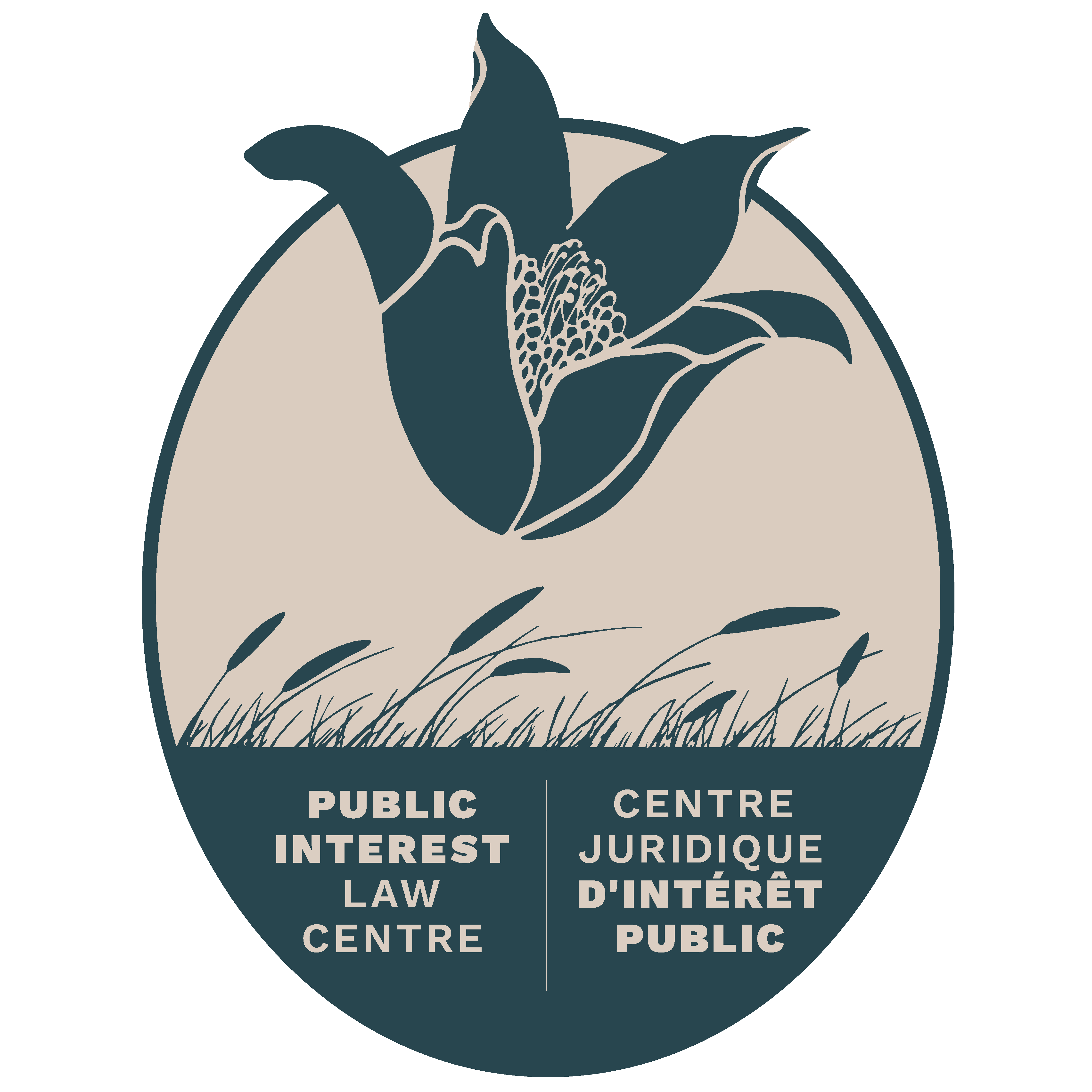PUB renders decision on MPI rates
11/01/2022
On December 15, 2021, the Public Utilities Board (PUB) released its decision on Manitoba Public Insurance’s 2022/23 rate application, approving a 1.57% rate decrease and a $312M one-time rebate to consumers, to account for extra funds accumulated during the pandemic. The rebate will amount to an average of $328 per policyholder and represents welcome relief during a period of financial stress for consumers since the start of the pandemic. Including this rebate, MPI will have rebated over $1 billion to Manitoba consumers since 2001.
PILC represented the Manitoba branch of the Consumers’ Association of Canada in this application. It argued that the rebate should have been $113M higher to account for funds that MPI transferred to a non-insurance program it administers, Driver and Vehicle Administration, a program historically funded by the provincial government. While the PUB found that it did not have jurisdiction to award a higher rebate, it said that MPI’s transfers lacked transparency and that it was dismayed at MPI’s decision to disregard its commitment to transfer funds from its Extension line of business to its Basic line of business. The PUB also stated concerns about the reliability of MPI’s assurances of future transfers, given what has transpired, and found that MPI has not complied with the spirit and intent of its own Capital Management Plan.
The PUB also sent a strong message to the Crown corporation by expressing its concern that MPI has failed to comply with a number of PUB directives. For purposes of transparency and accountability, the PUB will include a list of any directives with which the Corporation has not complied and will be posted on the Board’s website. The Board also reminded MPI that it retains the jurisdiction to impose financial penalties and/or stay future applications, in the event that the Corporation does not fully comply with a Board Order.
La RSP rend sa décision sur les taux de la SAPM
Le 15 décembre 2021, la Régie des services publics (RSP) a rendu sa décision relative aux taux de la Société d’assurance publique du Manitoba (SAPM) pour 2022/23. La RSP a approuvé une baisse des taux de 1.57% ainsi qu’une remise de 312$ million à ses clients due aux fonds supplémentaires accumulés durant la pandémie. La remise représente une moyenne de 328$ par client et sera la bienvenue dans le contexte du stress financier que vivent beaucoup de Manitobains depuis le début de la pandémie. En incluant cette remise, la Société aura remis au-dessus d’un milliard de dollars aux consommateurs du Manitoba depuis 2001.
Le Centre juridique d’intérêt public (CJIP) a représenté la section du Manitoba de l’Association des consommateurs du Canada aux audiences publiques. Le CJIP a plaidé que la remise aurait dû être 113$ million de plus pour inclure des fonds que la SAPM a transmis à son secteur d’activité Permis de conduire et véhicules, un programme qui est historiquement financé par le gouvernement provincial et qui ne fournit pas de produits d’assurance. La RSP a déterminé qu’elle n’avait pas la juridiction d’approuver une remise plus élevée, mais a énoncé que les transferts effectués par la SAPM n’étaient pas transparents et qu’elle était consternée par la décision de la compagnie d’ignorer son propre engagement à transférer les fonds de son entreprise Extension à son programme Autopac de base. La RSP a aussi identifié des inquiétudes quant la fiabilité des promesses de la SAPM au sujet de futurs transferts et a trouvé que la SAPM n’a pas respecté l’esprit et l’intention de son Plan de gestion du capital.
De plus, la RSP a envoyé un message clair à la société d’État en exprimant des inquiétudes que la SAPM ne respecte pas les directives de la RSP. À des fins de transparence and de responsabilité, la RSP inclura sur son site web une liste des directives que la SAPM n’a pas respecté. La RSP a aussi rappelé à la SAPM qu’elle a la juridiction d’imposer des pénalités financières et/ou d’interrompre des futures demandes d’augmentation de taux de la société d’État si les directives de la RSP ne sont pas respectées.



